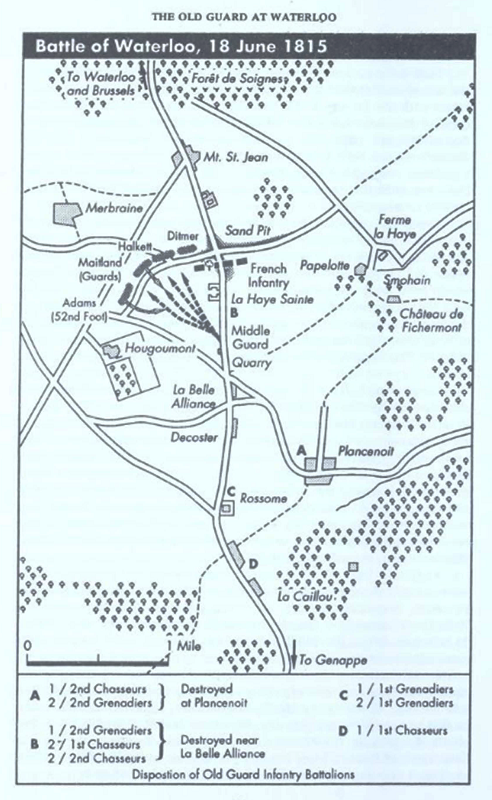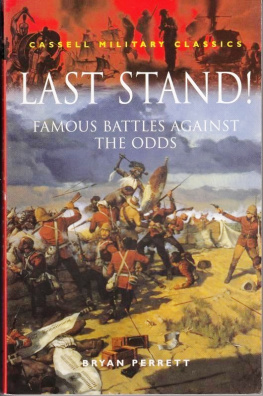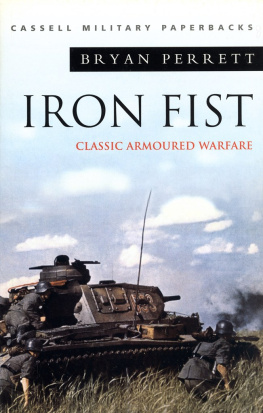
CHAPTER 3
The Demons of Camerone
30 APRIL 1863
In 1831 Paris was a powder keg ready to explode. The city was not only a Mecca for political dissidents from all over Europe, but was also riven by the factional rivalries of Bourbon absolutists, Bonapartists. anti-clericalists, conservatives. liberals and a starving mob only too anxious to loot and riot against a less than popular administration. By far the most dangerous element of this volatile population were former members of the Royal Swiss Guard and the Regiment of Hohenlohe, also recruited from foreigners, which had been disbanded when Charles X was replaced on the throne by his more liberal cousin, Louis-Philippe, the previous year. These men. trained, disciplined, resentful and unemployed, were willing participants in the rioting and posed a serious threat to the political establishment. The problem was, what to with them without resorting to violence or upsetting delicate sensibilities?
After one particularly serious riot involving the disbanded mercenaries the veteran Minister of war. Marshal Soult. is said to have mused: So they wish to fight? Then let them bleed or shovel sand in the conquest of North Africa!' And so, with Royal Assent, the Foreign Legion was conceived, initially as a mercenary force which would be employed beyond the boundaries of France.
Men joined the Legion for a variety of reasons. Some, as Soult had intended, were mercenaries seeking re-employment; some were politcal refugees: some sought escape from their wives or their debts; some, down on their luck, wanted a fresh start and time to sort themselves out; and some were simple adventurers attracted by the prospect of soldiering in exotic lands. If the Legion liked the look of a man if would permit him to engage under a nomme de guerre and preserve his anonymity but, contrary to popular fiction, it was not a refuge for criminals nor were those convicted of crimes permitted to engage as an alternative to penal servitude. The truth was that the Legion was anything but a soft option. Many of the original recruits were a rough lot. requiring the firmest handling before they were knocked into shape, and the tradition of strict discipline has been maintained ever since.
A considerable body of French opinion regarded the formation of the Legion as a national disgrace and was deeply offended that mercenaries should be employed to fight France's battles for her. For the same reason, the Regular Army was inclined to distance itself from the Legion, although it ensured that if there were a dirty job to be done, it would be the Legion that did it. Already isolated from family, home, country and even from Europe itself, the Legion was soon aware that it was also despised by the very people for whom it was lighting. Naturally, it turned inwards upon itself and soon developed a fierce esprit de corps best expressed by its unofficial motto 'Legio Patria Nostra' - The Legion is Our Country. It was to the Legion that the soldier's loyalty lay, not to France.
The Legion served the first years of its life in Algeria, but in 1835 was cynically made available to the Spanish Government for service in the Carlist War. Few survived, but the concept had proved so successful that it was reformed in France and immediately sent back to Africa. In 1848 Louis-Philippe was forced to abdicate and was succeeded by Prince Louis Napoleon, a nephew of Napoleon Bonaparte, first as President of the Second Republic, and then as Napoleon III, Emperor of the French. It was to be France's misfortune that while Napoleon possessed the ambitions of his uncle, his abilities were markedly inferior. He was. in fact, viewed by the elder statesmen of Europe as a dangerous parvenu whose devious intrigues posed a serious threat to international security.
During the Crimean War elements of the Legion took part in the Battles of the Alma and Inkerman as well as the Siege of Sevastopol. In 1859, during the war between France and Piedmont on the one hand and the Austro-Hungarian Empire on the other. Legion regiments fought at the Battles of Magenta and Solferino, the latter being so sanguinary that it led directly to the founding of the International Red Cross movement. Thus far, the Legion had proved itself the equal of any infantry in the world, but it had yet to prove that it was in a class of its own. The opportunity to do so occurred in Mexico.
A civil war had ravaged Mexico from 1857 to 1860, damaging the economy so seriously that the new President. Benito Juarez, suspended payment of foreign debts. The countries with most to lose, the United Kingdom, France and Spain, mounted a joint expedition which occupied Vera Cruz in December 1861. The British and Spanish, recognizing that blood could not be got from a stone, withdrew the following April, leaving Napoleon free to pursue one of the most astonishing conspiracies in history. His aim was nothing less than establishing a puppet French empire in Mexico, and since the United States was involved in its own Civil War there was no one to deny him. He had even acquired a monarch, the Archduke Maximilian, brother of the Austrian Kaiser Franz Joseph, to occupy the throne he had created. Franz Joseph attempted to dissuade Maximilian but the latter, a sincere if simple man, believed that he had a duty to serve and intended to fulfil it. Unfortunately, no one had consulted the Mexicans, and they soon made it plain that they had no intention of having a foreign master thrust upon them. When French troops attempted to march inland towards Mexico City they were sharply checked at Puebla on 5 May 1862 and forced to retire. It was clear that substantial reinforcements would be required before the advance could be resumed and in September an additional 30,000 men began arriving at Vera Cruz.
At first, the Legion was not involved and, somewhat unsubordinately. its junior officers sent a petition directly to Napoleon requesting active service in the campaign. Unknown to them, the devious Emperor was already considering a plan which involved seconding the Legion to Maximilian for a period of ten years, but their suggestion was accepted just the same, albeit accompanied by a sharp reprimand for daring to go over the heads of the generals. The Legion's first contingent, a composite regiment consisting of two battalions and a headquarters company, commanded by Colonel Pierre Jeanningros, reached Vera Cruz on 28 March 1863.
The previous month the French army had again pushed inland, leaving the sweltering heat of the foetid coastal plain as it climbed steadily into the cooler, healthier uplands of the central plateau. At Puebla the Mexicans again made a stand and the French were compelled to invest the town. Immediately, their 150-mile-long line of communication was subjected to attack by guerrilla bands. It required large numbers of troops to protect it and the Commander-in-Chief, General Elie-Fredcric Forey, made no bones about the task he had set the recent arrivals: 'I preferred to leave foreigners rather than Frenchmen to guard the most unhealthy area, the tropical zone from Vera Cruz to Cordoba, where the malaria reigns.' It came as no surprise to the legionnaires to find that they had been given yet another dirty job. Philosophically, they set up fortified posts along the route and began escorting convoys between them. Soon, however, the over-heaied swamplands began exacting their toll and daily the ranks were thinned by yellow fever, typhus and malaria.
Meanwhile, Forey had requested heavy artillery with which to smash the defences of Puebla. The guns, together with ammunition and other supplies, including the army's pay chests filled with gold, left Vera Cruz on 15 April in a convoy consisting of 64 horse-drawn vehicles. Surrounded as it was by a bitterly hostile population, neither presence of the convoy nor its nature could be kept secret from the Mexican authorities, and since its progress amounted to little more than a painful crawl, the probability was that it would be attacked in strength. Its security was a matter of grave concern to Colonel Jeanningros, who had established his regimental headquarters at Chiquihuite in the foothills of the central plateau, and on 27 April he sent back two companies to reinforce the escort.
Next page













